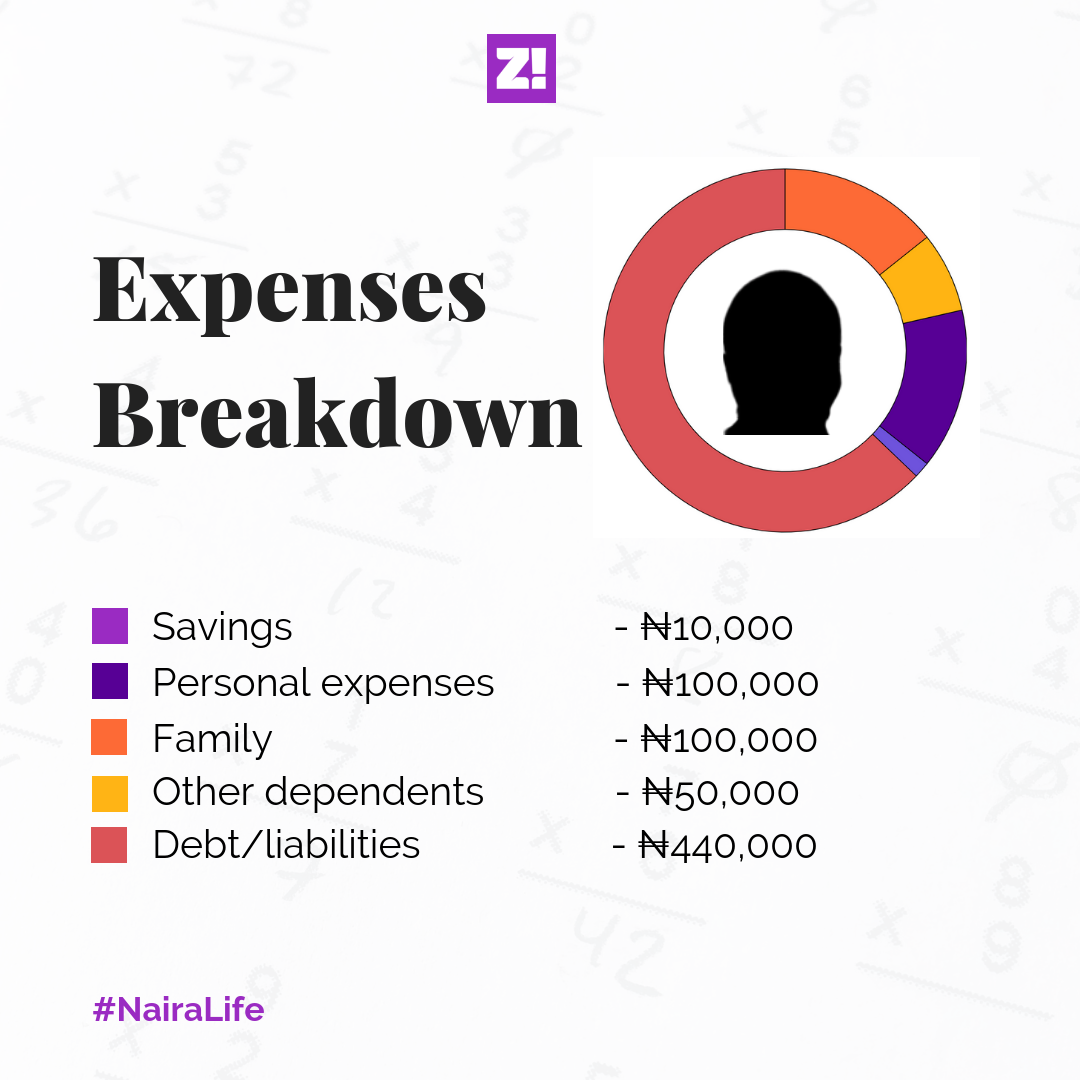Nigeria has been blessed with extraordinary women across different fields. Dora Akunyili, Chimamanda Adichie and Ngozi Okonjo-Iweala will be remembered for their vast achievements. But one woman in our history books appears relegated to merely being the first Nigerian woman to drive a car.
Funmilayo Ransome-Kuti, once described as the “Lioness of Lisabi”, was an activist, a politician, a teacher and a women’s rights advocate. Let’s take a look at some of her exploits.
The first female student at Abeokuta Grammar School
It’s not weird in this age to have more girls than boys in a classroom, but this wasn’t always the case. Ransome-Kuti, born in 1900 as Frances Abigail Olufunmilayo Thomas, was the first female student to be admitted into Abeokuta Grammar School — the first grammar school in Nigeria. She enrolled as a student in 1914, the same year five other female students joined the school.
She founded the Abeokuta Women’s Union (AWU)
In 1932, after her education in London and her marriage to Reverend Israel Ransome-Kuti, she founded the Abeokuta Ladies Club (ALC) which was exclusive to only western-educated women.
However, the club gradually became more feminist and political. By 1944, it finally became open to market women who were illiterate and suffering under colonial rule. The club became open to all Abeokuta women in 1946 and changed its name to the Abeokuta Women’s Union (AWU).
In 1918, colonial rule brought changes that made life particularly difficult for everyone, especially for women. One of these changes was a tax imposed on women considered to be of marriageable age and affected girls who were as young as 14 years old. They were required to pay a tax of three shillings yearly.
Another problematic policy was the food price control tax placed on market women. When they defaulted on these payments, the women were beaten, stripped or even arrested.
By 1948, the women had finally had enough. Since protests were banned, they gathered at the palace of the then-traditional ruler of Abeokuta, Oba Ladapo Ademola II, for “picnics” and “festivals”. Ransome-Kuti taught the protesters how to deal with the tear gas thrown at them.
Day after day, the protesting women sang war chants calling for the abolition of taxes. They also demanded the removal of Oba Ladapo Ademola II for implementing the colonial policies. Eventually, the women won the drawn-out battle as the colonisers removed the taxes and the king abdicated his throne for two years.
She was the only woman in Nigeria’s 1947 delegation to London
Nigerians often celebrate men like Obafemi Awolowo, Nnamdi Azikwe and others like them for their role in the country’s struggle for independence. But many people don’t know Ransome-Kuti was a member of the 1947 National Council of Nigeria and the Cameroons (NCNC) delegation to London to table demands before our colonisers.
While in the United Kingdom, she stirred things up with an article she used to blame colonial rule for the political and economical marginalisation of Nigerian women.
She’s the only Nigerian woman to receive the Lenin Peace Prize
Ransome-Kuti travelled far and wide, and gave lectures everywhere she went to highlight the struggles of Nigerian women and campaign for their rights. In recognition of her efforts, she won the Lenin Peace Prize in 1970.
She’s a Member of the Order of the Niger (MON)
After AWU’s win against tax impositionin 1948, Ransome-Kuti created the Nigerian Women’s Union (NWU) to support women’s rights across the country. She set up branches around Nigeria and ensured educational opportunities for girls and women. She also worked towards improving the participation of Nigerian women in politics. And the government named her a Member of the Order of the Niger (MON) in 1965 to appreciate her hard work
As we already know, Ransome-Kuti passed much of her activism onto her third child, the famous Fela Anikulapo-Kuti. Unfortunately, during a military raid of her son’s house in 1978, soldiers threw her out of the two-storey building, and the injuries she sustained claimed her life at 78.
Funmilayo Ransome-Kuti lived a full life and was passionate about Nigerian women and their representation in the country. With everything she achieved, it’s a great disservice if we remember her only for her motor skills or simply as “Fela’s mother”.



